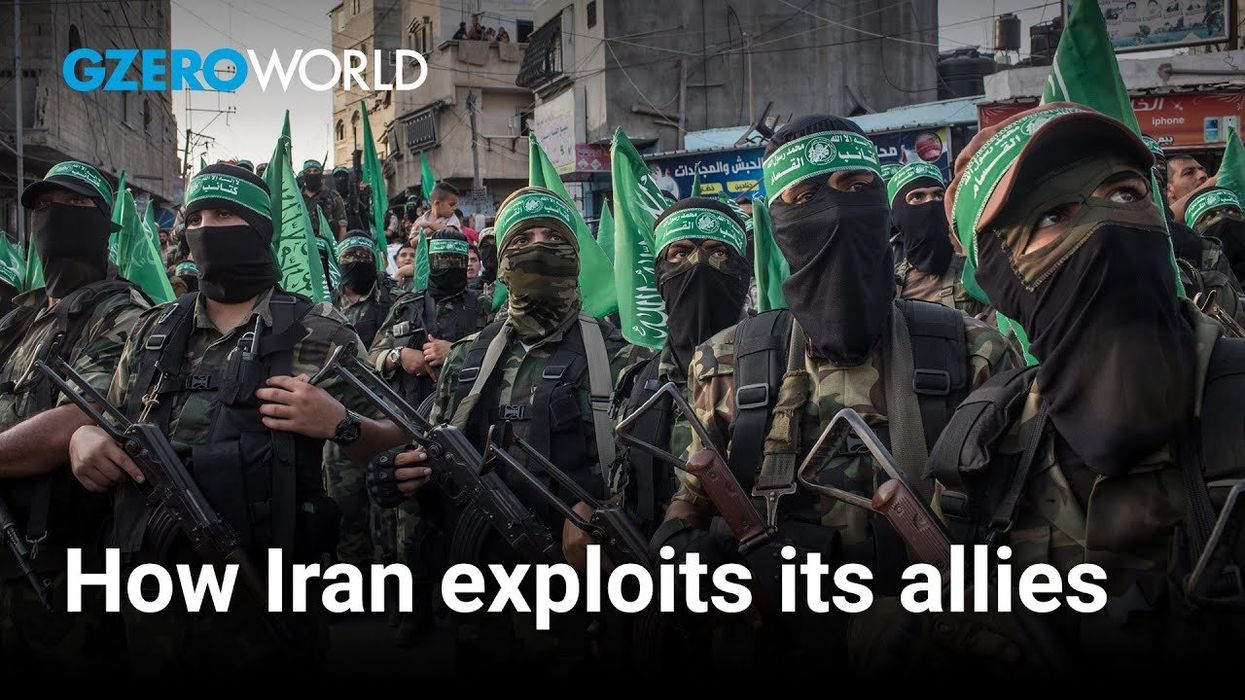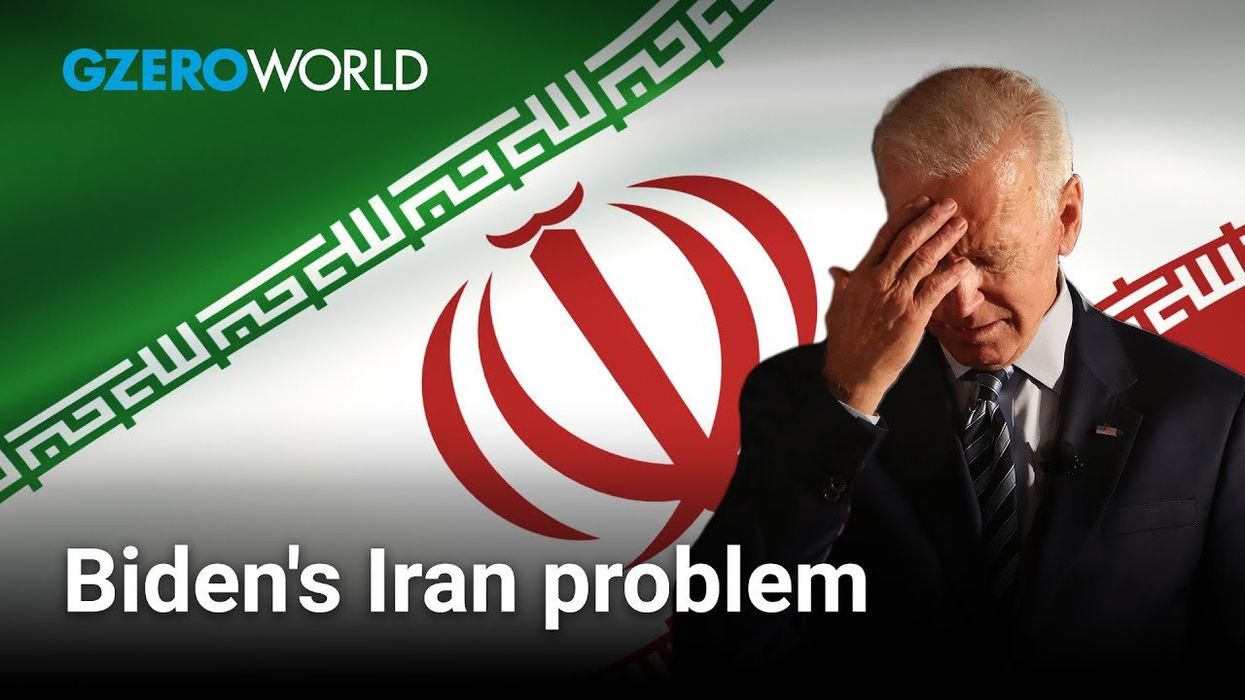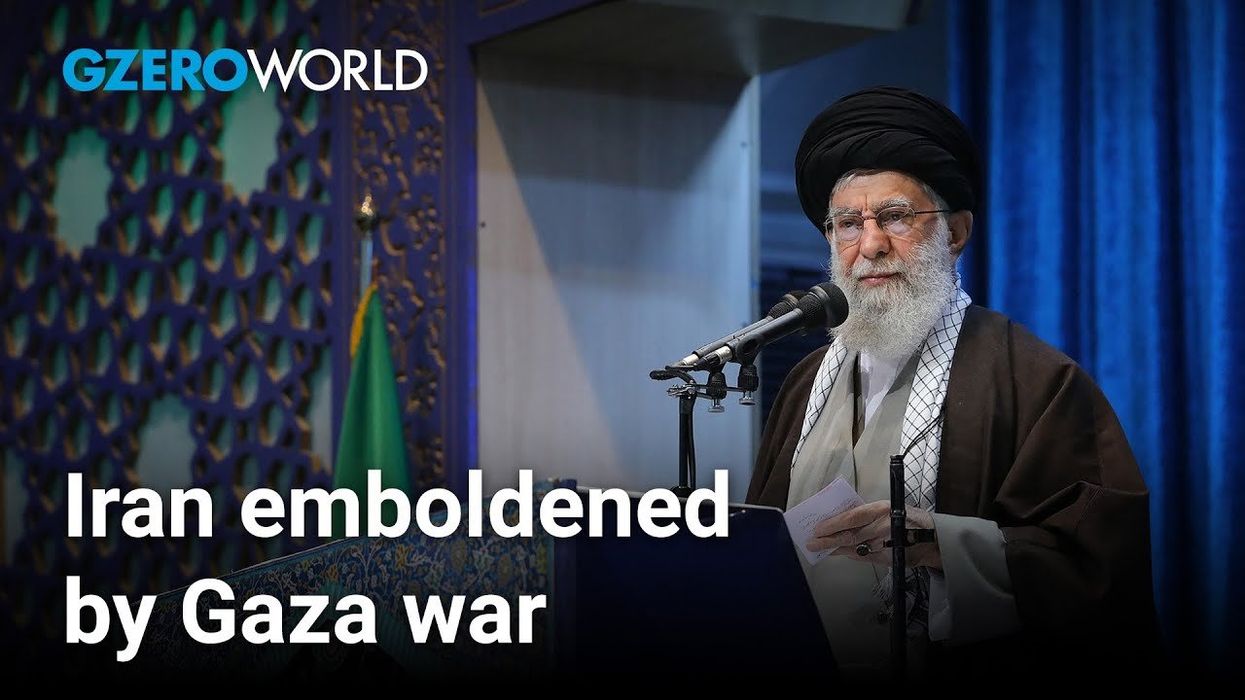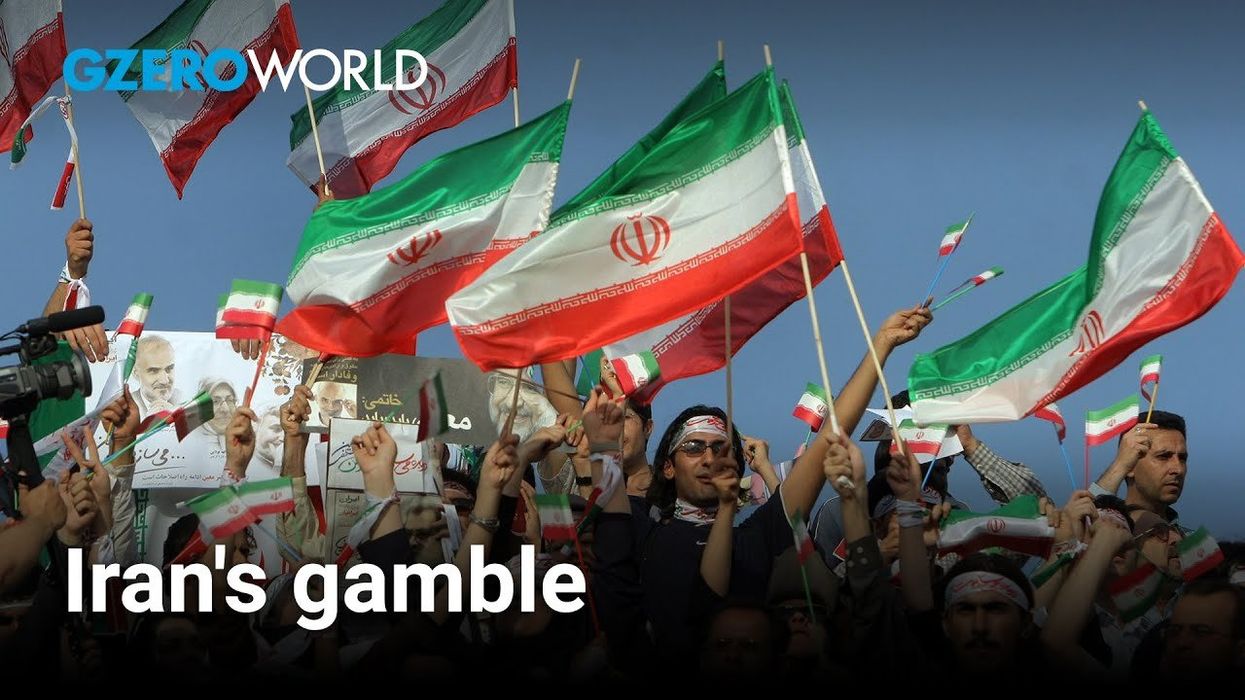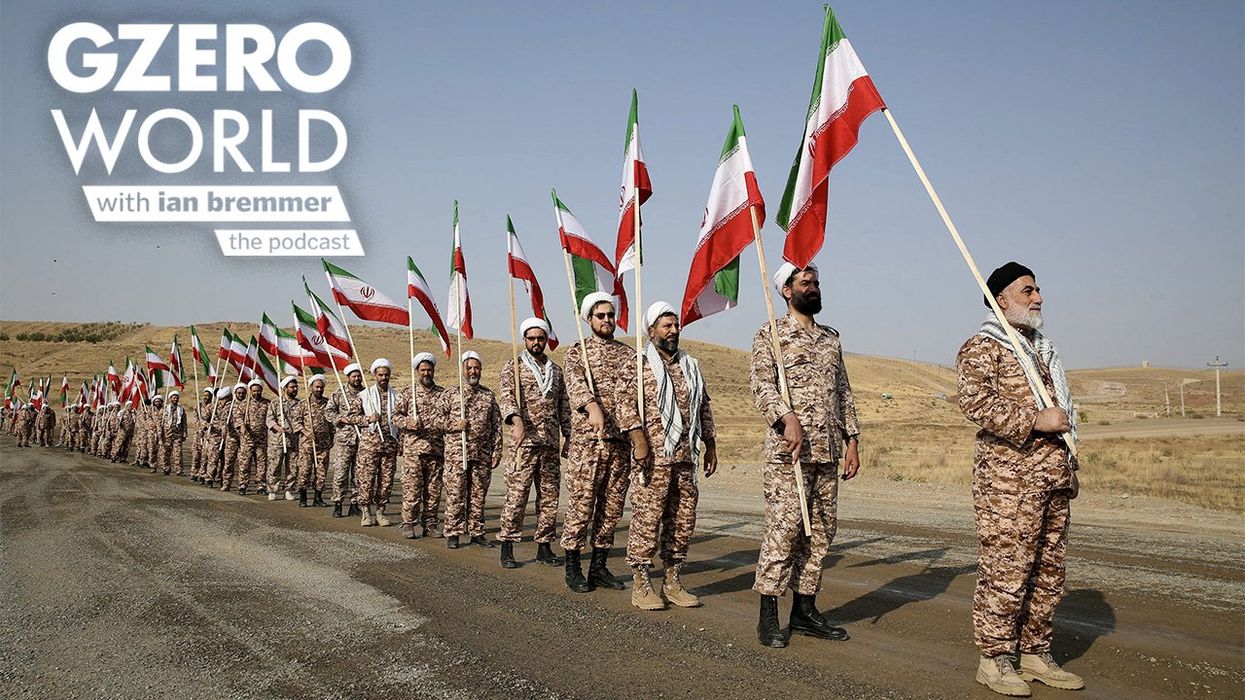GZERO World Clips
Iran thrives on Arab "misery," says expert Karim Sadjadpour
When it comes to the Palestinian, Iraqi, Syrian, Yemeni, and Lebanese people under the control of proxy forces like Hamas in Gaza, Hezbollah in Lebanon, or the Houthis in Yemen, Iran doesn't really care about their well-being, says Karim Sadjadpour, an Iran expert at the Carnegie Endowment for Peace.
Nov 12, 2023
